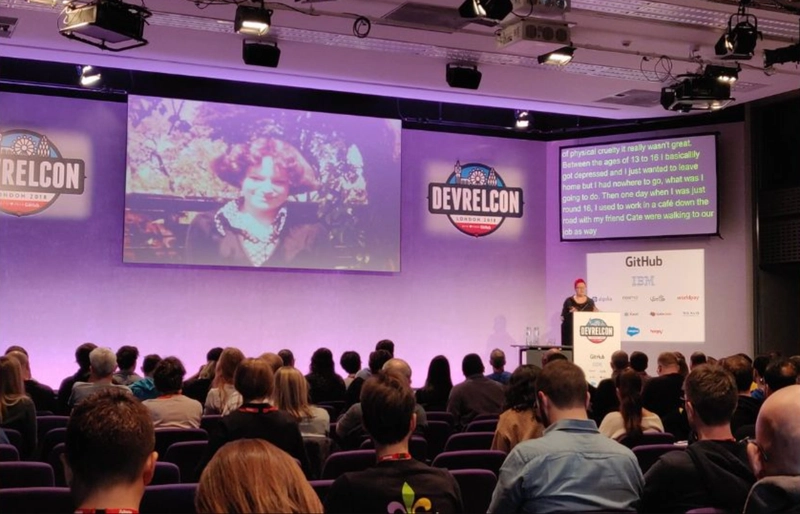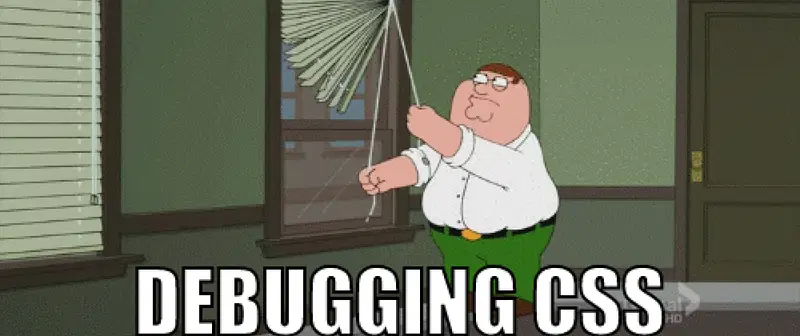If you're working in the software industry as an engineer or an operator, or a student majoring in a technical program, or even if you're actively indulged on the social media, chances are that you've come across the word 'DevRel' by now (and it's totally cool if you haven't, yet). But what exactly is it, and why is it there anyway? This blog aims to introduce you to the 'what', 'why' and 'how' of DevRel along with a few inside scoops. So as Ed Sheeran says:
"...just dive right in, and follow my lead!" 🎶
The 'What'
Developer Relations or DevRel is a domain that revolves mostly around software and incorporates people who work as a bridge (and sometimes a router, switch, or gateway 👀 ref:networking) between products (such as APIs, developer platforms or open-source projects) and developers, the backbone of software industry. There are dedicated Developer Relations teams at startups and corporations as they consist of engineers themselves who understand the software ecosystem and developer psychology as a whole so as to serve like a support system. In simpler terms, they make the flow of tech easy while ensuring a mutual growth of people and the business through an intersection, that is 'community'. Sounds cool? Let's intensify.
The 'Why'
Developer Relations rely on three core pillars: Code, Content and Community—popularly known as The 3C Architecture. So DevRel folks perform a bit of tech, research, marketing, community management and entrepreneurship (some even being CxOs themselves), providing a sense of belongingness to people around a product. This is done to achieve (but not limited to) the following goals:
- Empower people to build products and nurture innovation
- Educate not just developers, but anyone and everyone to learn and stay updated with a technology
- Build trust, which in turn helps in building long-term relationships
- Create a communication loop to drive feedback from users (developers/engineers) to the internal teams behind a product
- Work directly/indirectly with the PMs and stakeholders to define and iterate on KPIs for the product's success
The 'How'
Now that we know what exactly DevRel is and why it's there, let's take a look at everything these superheroes do. Even though it's tough to sum-up everything in a list, the day-to-day work of a DevRel may include:
- Creating content, such as code samples, blogs, articles, video tutorials, documentation, podcasts, etc depending on various use cases
- Presenting wherever developers are; be it virtual or in-person conferences, workshops, meetups or tech-conclaves. They literally fly across the globe, just for people! :')
- Mentoring and judging at hackathons and ideathons
- Staying updated with major technological changes in the industry
- Engaging with people, managing resources and logistics, being a social influencer and thought leader
- Amplifying the voices of developers; this includes any work such as projects, blogs, call for contributions, event CFPs, etc.
- Coming up with 'jugaad' (an Indian word translating to 'a non resource-intensive hack') for modern (read: unconventional 👀) software development.
Roles associated to Developer Relations
Developer Advocates are those who have some sort of technical background, whether a CS/IT degree, experience in coding either professionally or through working on projects, or contributing to the developer communities through content and events. They understand how a product could fit in various use-cases and hold the magic to make people fall in love with the product.
Technical Community Managers are the folks who may or may not be coding on a regular basis, but understand the psychology behind it and are passionate about helping people as a whole. They are pro-communicators and have a great understanding on how to influence people for good while ensuring active engagements from the community members and handling the logistics involved.
Developer Evangelists are the true ambassadors or Chief Tech Facilitators (CTF - did I just coin a new term there? 👀) aka people with a mic, having a deeper understanding about a product and the wizards who make complex things feel easy. They preach exactly about all the value and goodness that a product provides.
Product / Program Managers are the leaders who understand the tech + business perspective of a product inside out. By working directly with the engineering teams, they define the success metrics while understanding the dynamics of shaping a product, and empower people to turn ideas into reality.
Growth Hackers and Marketers are those creative heads who drive the graphs of product adoption and build a living, breathing, loyal user base. This is done through marketing and outreach strategies (that often build a 'hype' in the industry) via social channels, emails, blogs and newsletters.
Fun fact: Long time back, someone in the DevRel space had a hard time pronouncing 'Developer Advocate' and ended up pronouncing it as 'Developer Avocado' instead, resulting in the popular reference of avocado (hence the emoji) with advocates and eventually, DevRel professionals. [Source: Mary Thengvall's Blog - shoutout to her for inspiring me to write this blog!]
The Business Model
Different companies have different ways of approaching the developer community. Consider it as a coin with these two sides:
- Developers-first: These are the organizations that work on a B2D model (Business to Developer), and the product itself is purely oriented towards developers. For example, Twilio, GitHub, Auth0, Stripe and Postman.
- Developers-plus: These are the companies or products whose primary focus is not developers, and thus follow a B2B (Business to Business) or B2C (Business to Consumer) model. For example, Spotify, Slack, Twitter and PayPal.
While the dev-first sector continues to grow rapidly, most of the organizations doing DevRel at this point follow a dev-plus model. In some companies, the DevRel team(s) report to the engineering department, while in some, they report to product or marketing. In a very few, they even report directly to the sales.
But what's in it for the DevRels?
Now you might be wondering, what makes this profession so unique? Why does everyone wants to get into this? Why do DevRel professionals feel so good doing all this and for what?
The answer is simple:
Impact.
We put people before technology, and we love to help them grow in any and every capacity we can. We love to solve their common (and sometimes not-so-common) issues, and when they appreciate our work in their own way, it just makes our day. It makes us smile our heart out when we see corporations and startups using our products to build and scale their own, young students coming up with interesting ideas and solutions at hackathons, and when they say our work inspires them to do more—that impact is exactly what we live for.
To sum it all, DevRel as a domain is so broad that it's a mess. A beautiful mess with an immense learning, leadership and growth opportunity. People expect us to be 'know-it-all' folks, but we're not. No one really is. We too are learning along the way. Being in DevRel is tough and you'll constantly have to thrive and juggle between a diverse set of tasks along with staying updated as things move quick, but that's exactly what makes it all the way more exciting.
If all this sounds intriguing, I hope to see you in this space sometime in the future. Cheers!
✍️ with ❤️ by Manbir.






Top comments (12)
This is a great post, Manbir! I'd love to see you link back to some of the posts (e.g. The 3C Architecture, the explanation of the various roles within DevRell, or the Developer Avocado story) so that folks can learn more about DevRel if they want to dig in more and also give back to the rest of the DevRel community that you've learned from.
Great post! Are there any good blogs or people you follow in this space?
@derekxiao I've started a Twitter list to stay updated with tweets from influential DevRels - twitter.com/i/lists/13507275895312...
Woaah!!🙌💯
Thanks for making it so easy to understand.✨🚀
Modern software development😆🤘
Indeed a great blog (saving it)✨
Thanks Deepak, glad you liked it! :)
Great post Manbir! We'll be adding this to this weeks DevRelX newsletter.
Thanks @slashdatahq ! That would be awesome.
Great post, Manbir! Beautifully captured.
You made it look a lot easier to introduce the DevRel domain. Nicely tied all the apsects together, an excellent article! Looking forward to many more posts in this space.
Thanks Alok, good to hear that. More to come! :)
Its really great 😍. Covering all the aspects in very crisp manner 🔥🔥
Some comments may only be visible to logged-in visitors. Sign in to view all comments. Some comments have been hidden by the post's author - find out more